“The dust hasn’t settled yet,” says Ben Jaffe, the owner and creative director of Preservation Hall, in the heart of New Orleans’ French Quarter. The venerable trad-jazz venue sits around the corner from Bourbon Street, where in the wee hours of Jan. 1, a man inspired by the Islamic State drove a pickup truck into crowds ringing in the New Year, killing 14 and injuring dozens more.
His voice is shaken, his thoughts clouded by shock and grief. Jaffe grew up in the Quarter. Since inheriting the stewardship of Preservation Hall from his parents, who founded it in the 1960s to honor and showcase the aging musicians who helped give birth to jazz, Jaffe has transformed the timeworn hole in the wall into an institution of international scope, touring the globe and forging collaborations with contemporary acts like the Foo Fighters. At the core of it remains the music that came to define the city, synonymous with a culture of revelry that seems to have been directly targeted by the attacker.
On Friday, the day after Preservation re-opened its doors, Jaffe — who not only runs the Hall but plays tuba and standup bass — spoke with The Hollywood Reporter about how he and his fellow New Orleanians are processing the tragedy, and how the city might bounce back.
First, my condolences to your city. How are you holding up?
The majority of our staff lives in and around the French Quarter, and there were two people who were unable to leave their house because they were inside the zone that was shut down. It’s not just something you watch on TV. You’re like, “Oh wait, that’s the street that I walk down every day.” It’s always personal, but it turns out that we have a connection to one of the deceased, a football player from Lafayette, Louisiana, who played at Princeton. So you know there are people who grieving right now that are one degree of separation from you.
It’s been reported that the attacker targeted New Orleans specifically because he objected to the things that the city is associated with, particularly music, for religious reasons. What’s your reaction to that?
Music unifies the community. It’s how we rejoice. How we celebrate life. How we honor the memory of those who walked before us. That’s how I was raised. When musicians are by themselves, we’ll talk about how music is a prayer for us. A prayer is not always asking for something. It’s a way to give thanks. It’s like a meditation.
The sacred tradition in New Orleans of having music accompany a funeral procession — it’s very mournful, but what I’ve witnessed is a community grieving and celebrating together. That’s one of New Orleans’ great strengths is this thing that’s embedded in the DNA of the black community particularly. This musical tradition is so much more than a musical tradition. It’s a cultural tradition. I mean, it should be designated as UNESCO world heritage.

What role can music play in the city’s recovery?
Music is what’s going to bring the city back. And when I say music I mean, yes, live performance, but also the whole the ecosystem, the community of music that is New Orleans. Yesterday, when we were told that we could reopen, and the musicians came, there was such a great sense of relief. We were able to have shows here last night and every musician said essentially the same thing to me, which was this is what we do. Throughout our lives when, through whatever the moment is, whatever the loss is, whether it’s Katrina and before that it was Betsy and Camille, or the civil rights movement, or COVID… music is gonna be the guiding light.
In the aftermath of the attack, people are focusing on the question of why security measures failed. Why bollards weren’t in place on Bourbon Street. Was the risk of something like what happened ever on your mind?
Anybody that operates and lives in the French Quarter, particularly business owners, we’re all aware of how susceptible we are to violence. It’s a lot easier to look back and wonder what could’ve been done to prevent this.
Have you spoken with your fellow French Quarter business owners about where you go from here?
One of the one of the beautiful things about the French Quarter in New Orleans is that most of the businesses here are family operated so we know each other, and have for multiple generations. Owners and operators are just focused on getting the doors back open. I wouldn’t say it’s about ignoring what happened as much as keeping your head up. When people message me, I just been texting them back: I don’t really know what to say, except that you know we’re all safe and accounted for. Heartbroken but far from broken.
And to me that’s the New Orleans spirit.




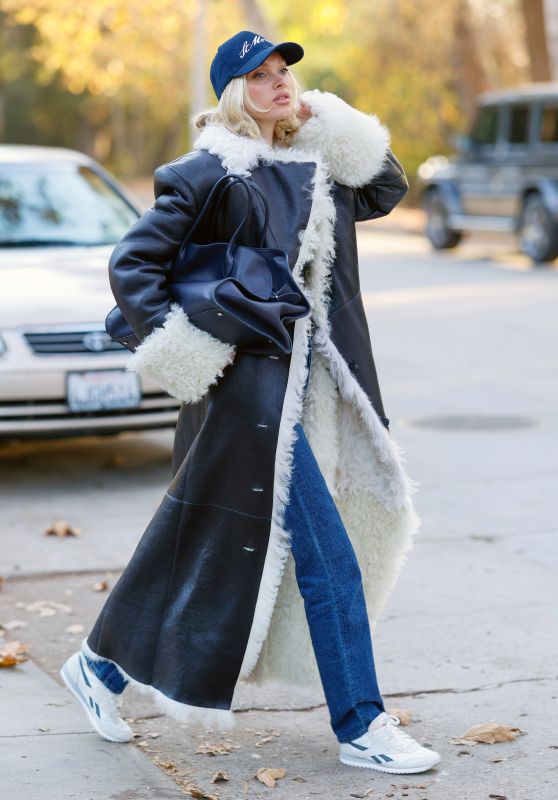
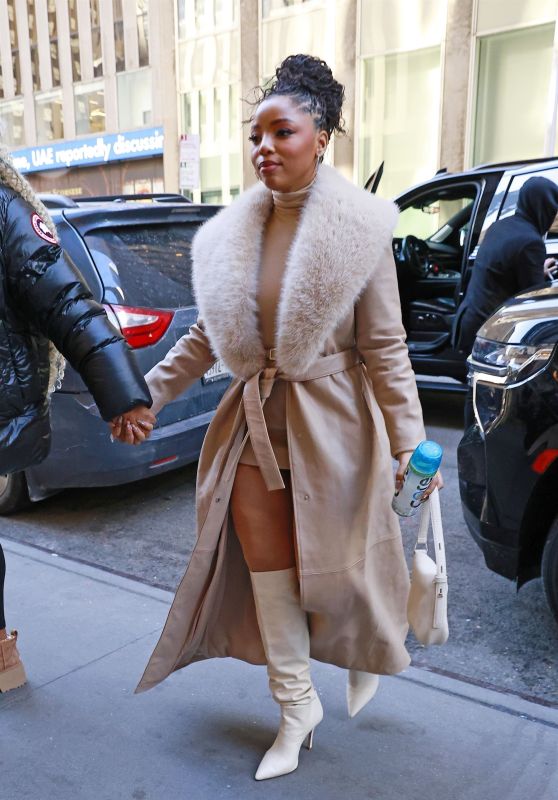
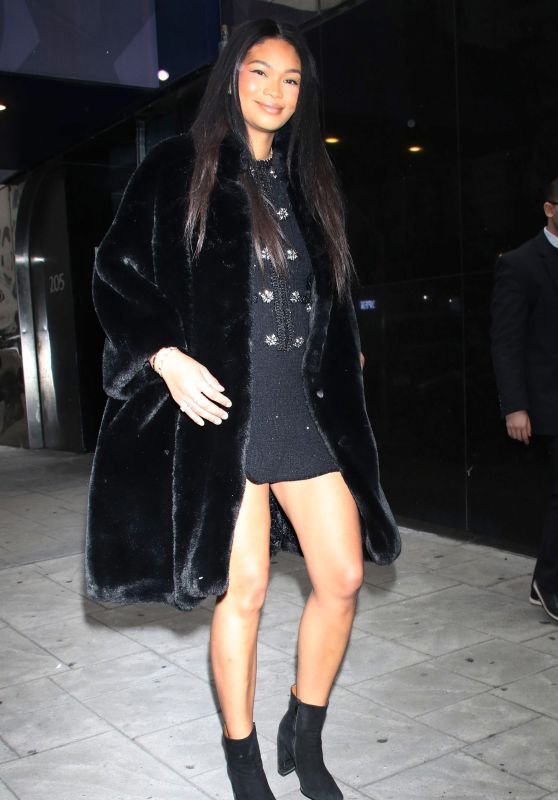
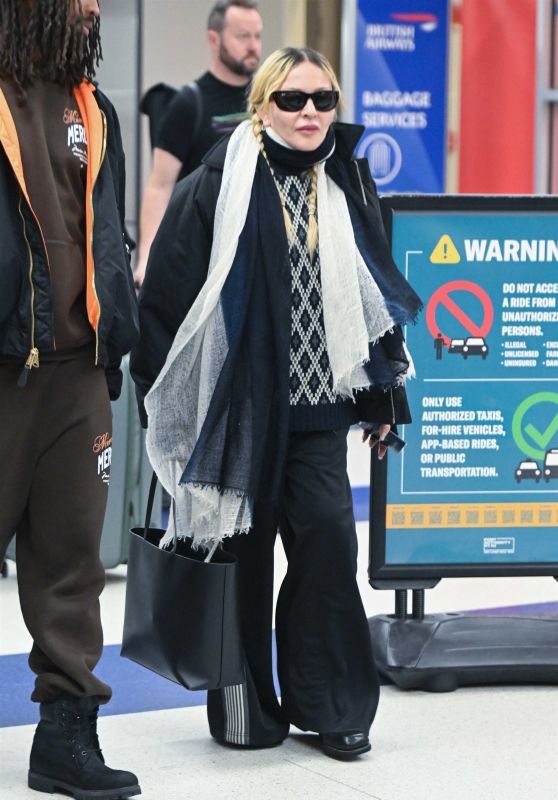
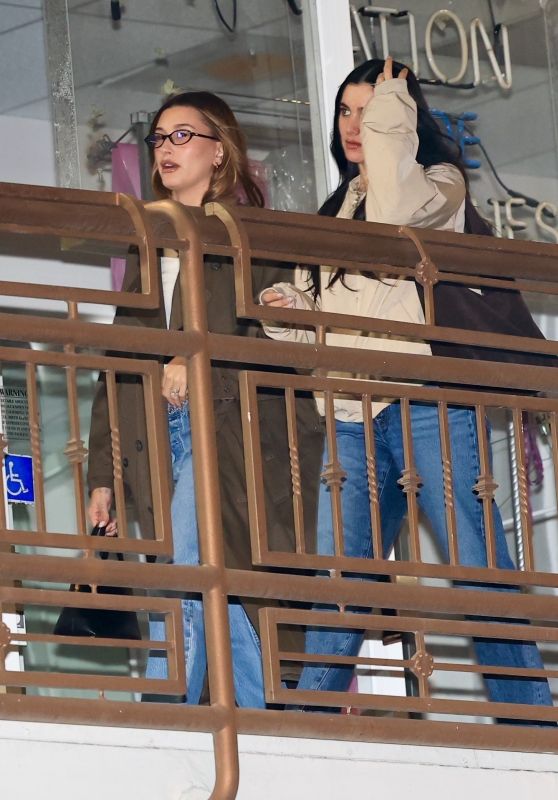
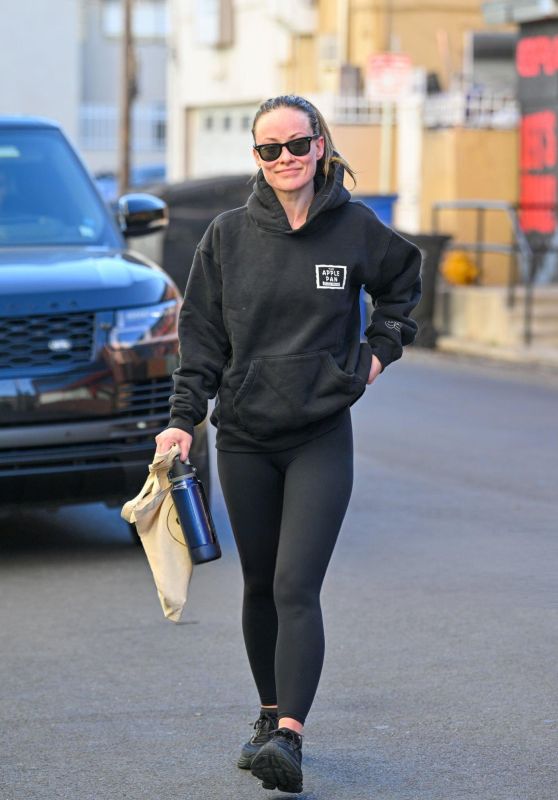










 English (US) ·
English (US) ·